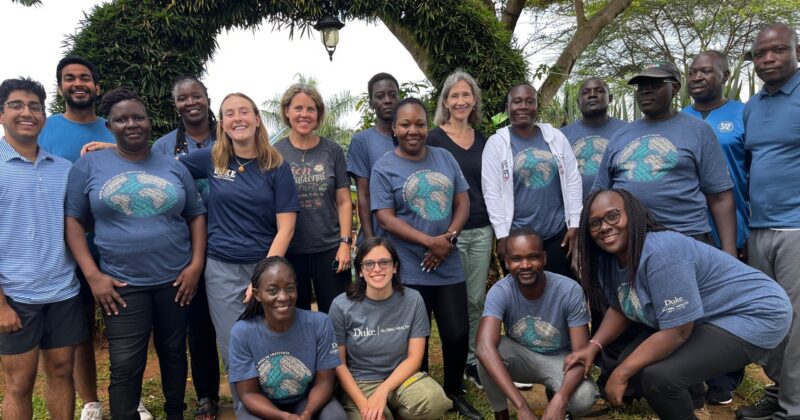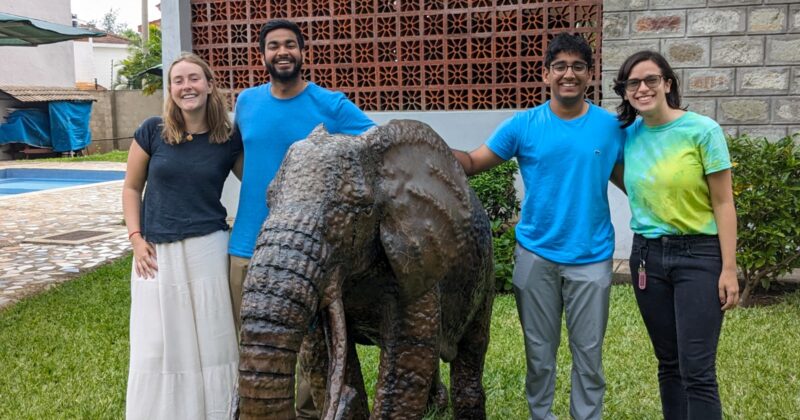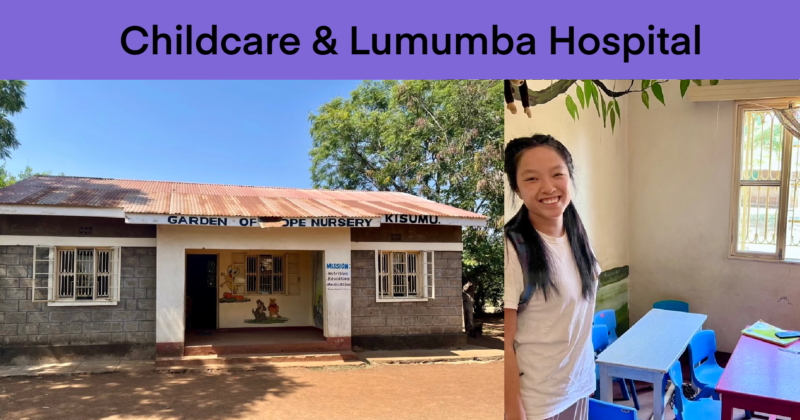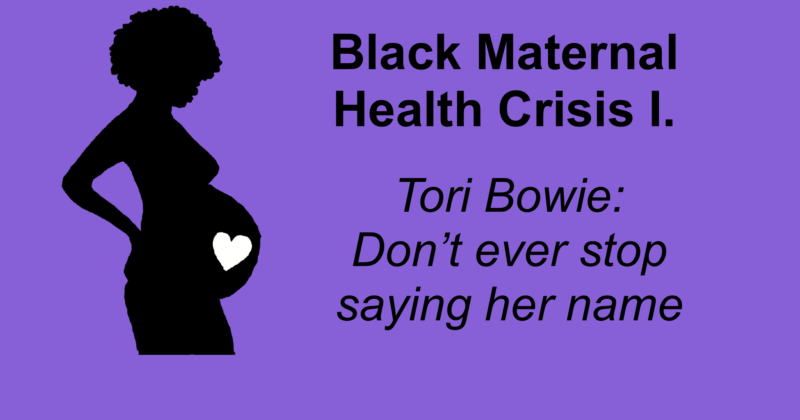
Reflections from Kenya: Enhancing the mSaada App and Empowering Communities
It’s been a year since I first set foot in Kenya, and I’m grateful for the opportunity to come back. Last year, I dedicated my time to building an integrated version of the mSaada app, and over the past eight months, we've been piloting this app within the community. The pilot phase is now complete, and this summer we have been working to refine and improve the app based on user feedback in preparation for the cluster randomized controlled trial we’re launching later this year. While we made some app-specific changes based on user feedback, it became evident that there was a significant need for further educational materials. Indeed, while technology holds great potential, in low-resource settings, the education that accompanies it is essential for successful implementation. Thus, I had the opportunity to collaborate with the SRT students to take the following initiatives this summer in response to the above feedback: Clarifying HPV Results: Many users needed reassurance that a positive...









